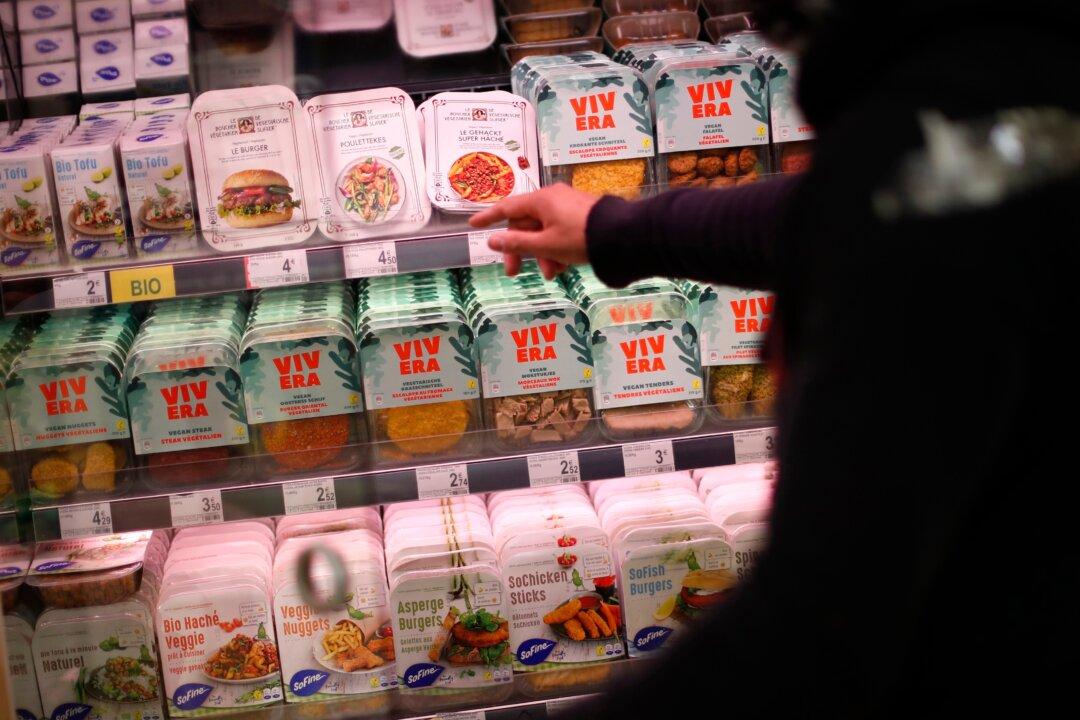BRUSSELS—It’s a meaty issue but the EU has taken a stance: veggie burgers are in fact burgers.
EU lawmakers said Friday that plant-based products that do not contain meat, including veggie burgers, soy steaks, and vegan sausages, can continue to be sold as such in restaurants and shops across the European Union’s 27 countries.





